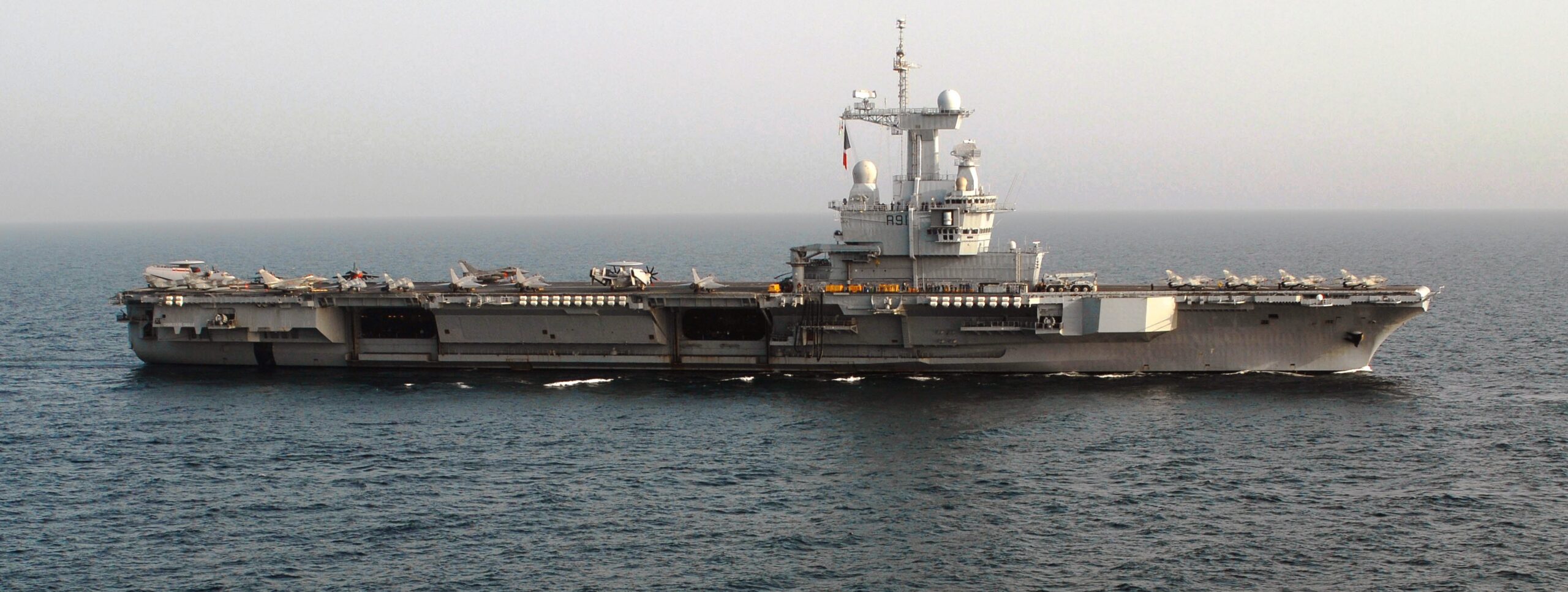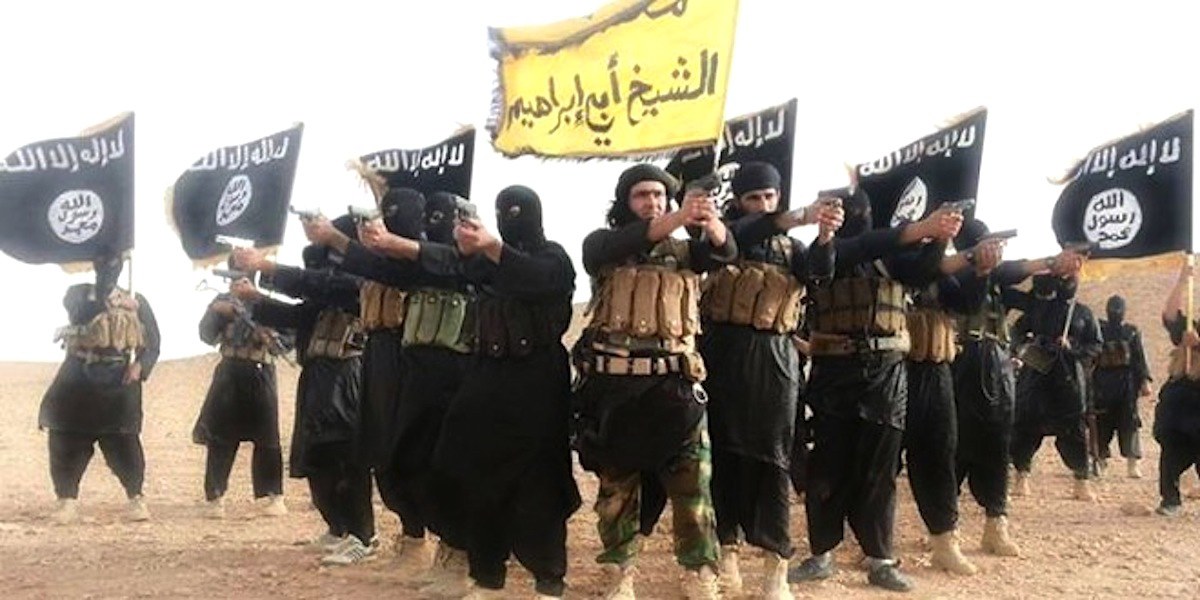Who is Accountable for Ship Collisions?
The Navy just released the report of its investigation into the separate collisions of two Navy destroyers with merchant ships (http://bit.ly/2hmzAra). The U.S Naval Institute provides a good summary (http://bit.ly/2i7MpGT). From my viewpoint as a former destroyer and cruiser ship captain, the report accurately lays the blame primarily on each captain’s failure to ensure his bridge and radar watch teams were adequately trained in basic seamanship and coordination. The teams did not know the basics of driving a ship over the ocean. The captains were fired as a result. Accountability runs deep in the Navy.
I am sure the crews were well trained to fire missiles, shoot guns, or launch torpedoes; there are training teams that board ships to help certify those qualifications. There are no teams that can adequately teach bridge and radar watch standers to coordinate with each others and maintain situational awareness at night in heavy shipping lanes. That’s the captain’s job. That requires the captain to train and certify watch standers…and be on the bridge when other ships are in close vicinity. For instance, I had a standing order that I was to be called by the officer of the deck whenever the projected closest point of approach of another ship was withing 5 miles of my ship. The officer would describe the situation and what he intended to do about it. If he made a mistake in his recommended course of action, he lost my certification for his watch qualification until I trained him better. It was my job to train him…my fault he did not know the right course of action.
The lessons learned over the years is that when the captain assumes personal accountability for anything that happens on a ship, fewer mistakes are made…same for business leaders ashore.









